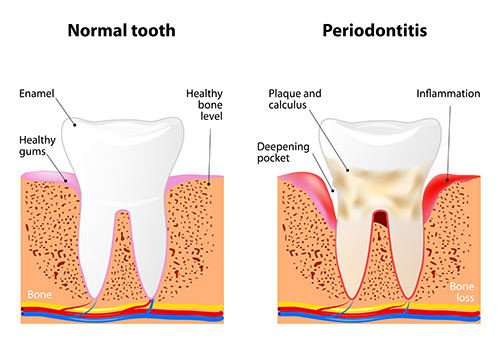Ph.D. in Basic Dental Sciences: Introduction, Admission, Registration, Eligibility, Duration, Fees, Syllabus 2024

Introduction:
A Ph.D. in Basic Dental Sciences is a research-oriented program that delves deep into the fundamental aspects of dental medicine, including oral biology, pathology, and materials science. This program is designed for individuals aiming to contribute significantly to the academic and research field of dentistry. Students engage in rigorous research, developing new treatments, technologies, and methodologies to advance dental health. Graduates are well-prepared to lead research teams, influence policy, and teach the next generation of dental professionals.
Admission Process:
- Application Submission: Submit a comprehensive application, including academic transcripts and a detailed resume.
- Research Proposal: Applicants must present a research proposal that outlines their intended study and research goals.
- Entrance Examination: Some programs may require a subject-specific entrance exam.
- Interview: Conduct interviews to assess the candidate's commitment and suitability for the research-intensive program.
- Letters of Recommendation: Submission of letters from academic or professional references who can attest to the candidate's research potential.
- Proof of Degree: Proof of a Master’s degree in a relevant field, such as dental sciences, biology, or biochemistry.
Eligibility:
- Master’s Degree: A Master's degree in dental science, biology, biochemistry, or a related field with a strong academic record.
- Research Experience: Experience in a research setting, preferably related to dental or biomedical sciences.
- Academic Merits: High academic achievements and scholarly publications are advantageous.
- Technical Proficiency: Skills in laboratory techniques relevant to dental research.
- Proposal Readiness: Ability to propose a viable research project in the domain of dental sciences.
- Language Skills: Fluency in English, with requisite scores in TOEFL or IELTS for non-native speakers.
Completion Time:
The duration of a Ph.D. in Basic Dental Sciences typically ranges between 4 to 6 years. The first part of the program usually involves coursework and laboratory rotations to provide a comprehensive foundation in dental science theories and research methodologies. Subsequent years are primarily focused on independent research, culminating in a dissertation based on original research. The completion time can vary based on the research topic, the complexity of the study, the student’s pace, and the specific requirements of the university.
Career Opportunities:
- Academic Positions: Professors or lecturers in dental colleges and universities.
- Research Scientists: Leading research projects in government or private research institutions.
- Clinical Research Coordinator: Managing clinical trials and research pertaining to dental products and treatments.
- Pharmaceutical Industry: Development roles focusing on dental care products.
- Public Health Specialist: Roles in government or NGOs focusing on dental public health policy.
- Consultancy: Consulting on dental science and technology advancements.
Syllabus:
- Advanced Oral Biology
- Dental Materials Science
- Molecular Pathology of Oral Diseases
- Biostatistics and Research Methodology
- Stem Cells in Dentistry
- Ethics in Dental Research
Internship Opportunities:
- Dental Research Facilities: Gaining hands-on experience in advanced research settings.
- Clinical Settings: Observing and participating in clinical trials related to dental treatments.
- Biotechnological Companies: Working on the development of new dental materials or drugs.
- Public Health Internships: Understanding the impact of dental health on public health.
- Academic Internships: Teaching or assisting in undergraduate courses.
- International Research Groups: Collaborating with global research initiatives.
Scholarship and Grants:
- University Scholarships: Many universities offer scholarships based on academic merit or research potential.
- Government Grants: Funding from governmental bodies for dental research.
- Private Foundations: Grants from dental and medical foundations to support specific research areas.
- International Fellowships: Opportunities like the Fulbright Program for international research.
- Corporate Sponsorships: Funding from dental product companies for applied research.
- Teaching and Research Assistantships: Providing financial support in exchange for teaching or research services.
FAQs:
What research areas are available in this Ph.D. program?
Research areas include oral biology, dental materials, and oral pathology.
What is the typical duration for completing this Ph.D.?
Typically, it takes 4 to 6 years.
What career options are available after obtaining this Ph.D.?
Career options include academia, research, clinical research management, and public health.
Is there funding available for Ph.D. students?
Yes, there are scholarships, grants, and assistantships available for qualified students.
What are the prerequisites for this program?
A relevant Master’s degree and research experience are generally required.
Can I work part-time while completing the Ph.D.?
Many programs offer flexible options for working professionals, but it depends on the program's structure
